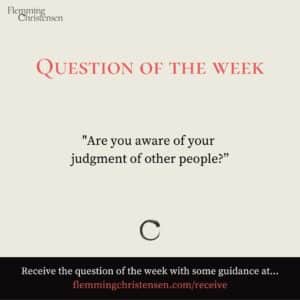Do you sense the difference between good and bad Judgment?

It’s a mental tool or structure that has aided our survival for thousands of years. However, like any tool or structure, it can be wielded for both constructive and destructive purposes.
On the positive side, “Judging” can help us in making, where we judge if an initiative is good or bad, if communication is constructive or harmful if the nature of something is based on respect or hatred. When we judge, we keep ourselves and others safe, and with the ability to judge, we would accept invitations that we should not.
Examples of good judgment could be the discovery of Penicillin by Alexander Fleming(1928), the implementation of the seat belt by law, and the establishment of national parks, especially in the US.
On the negative side, “Judging” can create a narrow mindset where we don’t respect diversity in thinking or feeling, and it can lead to blame and criticism of oneself or others. Overdoing “Judging” can also create stereotypes where “some people” are “always” and “never” doing this or that.
Examples of bad judgment could be Thalidomide prescribed for morning sickness (1950s), The Decca Record Label rejecting The Beatles (1962), and the launch of the Space Shuttle Challenger (1986).
Your weekly question
Judgment as part of nature is a question of timing. This week’s question is about the timing of your “Judging”.
- Are you conscious about your judging of the people you love and care for?
- Are you judging yourself in a way that limits your thinking, feeling, and acting?
- How do you act when others are judging you?
Your weekly quote
Judgment, deeply rooted into human nature, is a dance of timing. Knowing when to judge, when to embrace diversity, and when to release self-criticism defines our growth and connections.
Your weekly recommended reading
Read “Falling Upwards” and learn more about Healthy Judgement.

